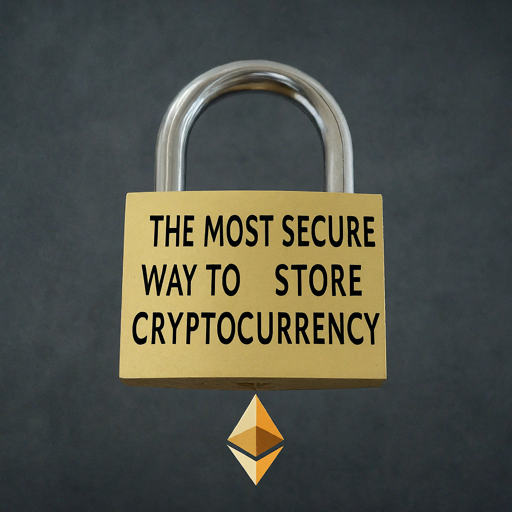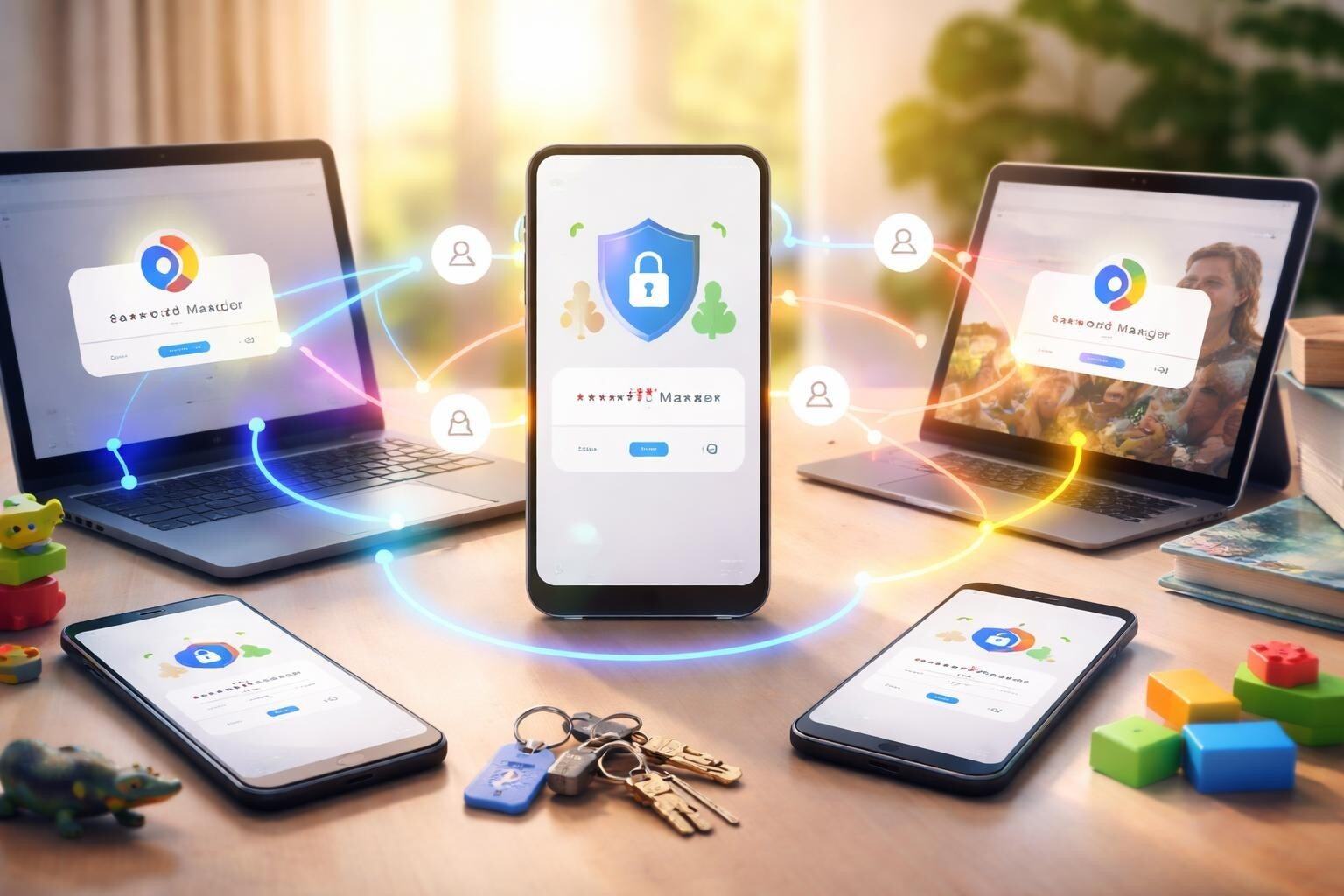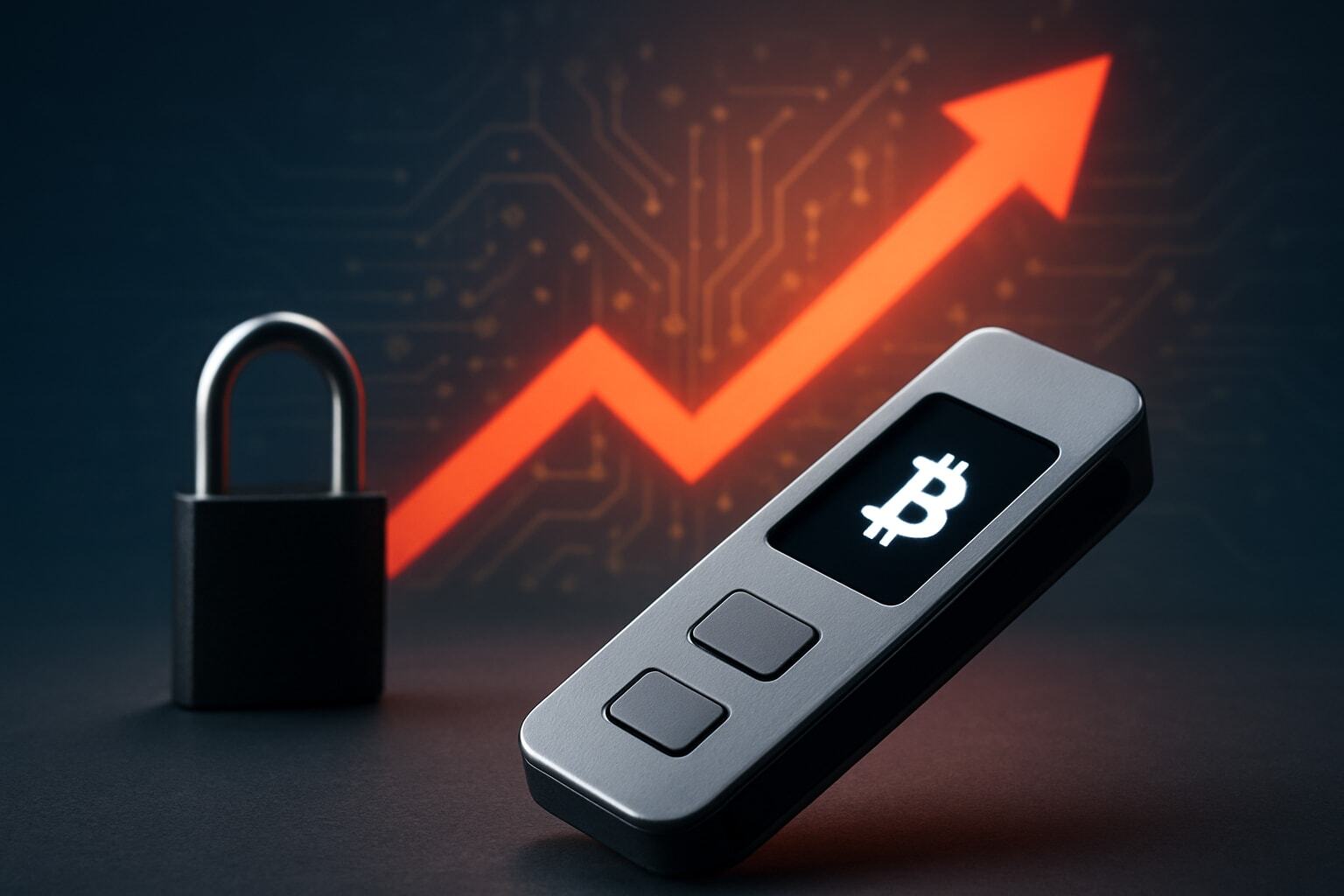The Most Secure Way to Store Cryptocurrency
In the rapidly evolving world of cryptocurrency, safeguarding your digital assets is paramount. As the market expands, so do the risks associated with storing your valuable cryptocurrencies. In this article, we'll explore the most secure way to store cryptocurrency and provide insights into the best practices for keeping your assets safe from various threats.
I. Introduction
A. Definition of Cryptocurrency Storage
Cryptocurrency storage refers to the methods and tools used to secure digital assets, such as Bitcoin, Ethereum, or any other form of digital currency. With the increasing value of cryptocurrencies, ensuring their security has become a critical aspect for investors and enthusiasts alike.
B. The Importance of Secure Cryptocurrency Storage
The decentralized and pseudonymous nature of cryptocurrencies makes them an attractive target for cybercriminals. Understanding the risks associated with storing digital assets is the first step towards adopting secure practices.
II. Common Risks in Cryptocurrency Storage
A. Hacking and Cybersecurity Threats
One of the most prevalent risks in the cryptocurrency space is hacking. Cybercriminals employ various sophisticated techniques to gain unauthorized access to wallets and exchanges, posing a significant threat to your investments.
B. Physical Threats and Risks
Beyond the digital realm, physical threats, such as theft or damage to hardware, can also compromise the security of your cryptocurrency. Finding a balance between digital and physical security is crucial.
III. Different Ways to Store Cryptocurrency
A. Hot Wallets
Hot wallets, connected to the internet, offer convenient access for daily transactions but come with higher security risks due to their exposure to online threats.
B. Cold Wallets
Cold wallets, kept offline, provide enhanced security by minimizing exposure to potential cyberattacks. These include hardware, paper, and even air-gapped wallets.
C. Paper Wallets
Paper wallets involve printing your private keys and addresses on paper. While offline, they require careful handling to avoid physical damage or loss.
D. Hardware Wallets
Hardware wallets, a type of cold storage, store private keys on dedicated hardware devices. They offer an optimal balance between security and usability.
E. Multi-Signature Wallets
Multi-signature wallets require multiple private keys to authorize a cryptocurrency transaction, adding an extra layer of security.
IV. Factors to Consider for Secure Cryptocurrency Storage
A. Private Key Management
Effectively managing private keys is crucial. Keeping them secure and confidential is the cornerstone of cryptocurrency storage.
B. Encryption
Implementing robust encryption protocols ensures an additional layer of protection against unauthorized access to your digital assets.
C. Regular Updates and Security Audits
Staying vigilant with software updates and conducting regular security audits are essential for maintaining a secure storage environment.
D. Offline Storage
Keeping cryptocurrency offline, especially in hardware wallets, helps protect against online threats and hacking attempts.
V. The Most Secure Way to Store Cryptocurrency
A. Hardware Wallets: An In-Depth Analysis
Hardware wallets stand out as the most secure option for storing cryptocurrency. These physical devices store private keys offline, minimizing the risk of exposure to cyber threats.
B. Benefits of Hardware Wallets
Hardware wallets offer several advantages, including enhanced security, ease of use, and compatibility with various cryptocurrencies.
C. How to Choose the Right Hardware Wallet
Selecting the right hardware wallet involves considering factors such as supported cryptocurrencies, user interface, and additional features like secure recovery options.
Crypto Security Vaults by IronClad Family
If you're looking to safeguard your digital assets with the utmost security, IronClad Family offers a comprehensive range of services tailored to meet your needs. Our commitment to protecting your cryptocurrencies is reflected in our specialized service, Crypto Security Vaults.
At IronClad Family, we understand the importance of secure cryptocurrency storage. Our Crypto Security Vaults service provides a robust solution designed to keep your digital assets safe from cyber threats and unauthorized access.
With state-of-the-art encryption protocols and industry-leading security measures, our vaults offer peace of mind knowing that your cryptocurrencies are in safe hands.
By seamlessly integrating our expertise in cryptocurrency security with our Crypto Security Vaults service, IronClad Family ensures that your investments remain protected at all times. Whether you're a seasoned investor or new to the world of cryptocurrencies.
our dedicated team is here to help you navigate the complexities of digital asset management. Trust IronClad Family to safeguard your wealth and explore our Crypto Security Vaults service today.
VI. Best Practices for Cryptocurrency Storage Security
A. Password Protection
Strengthening your passwords adds an extra layer of defense against unauthorized access.
B. Two-Factor Authentication (2FA)
Enabling 2FA provides an additional security checkpoint for accessing your cryptocurrency accounts.
C. Secure Backup Strategies
Implementing secure backup measures ensures you can recover your assets in case of unexpected events.
VII. Real-Life Examples of Cryptocurrency Storage Gone Wrong
A. Case Studies
Examining real-life incidents highlights the importance of secure storage practices and the consequences of inadequate security measures.
B. Lessons Learned
Understanding the lessons from past incidents empowers users to make informed decisions regarding their cryptocurrency storage.
VIII. Keeping Abreast of Evolving Security Measures
A. Industry Updates
Staying informed about the latest developments in cryptocurrency security helps users adapt to emerging threats.
B. Future Trends in Cryptocurrency Storage Security
Exploring future trends provides insights into upcoming technologies and methodologies for enhancing cryptocurrency storage security.
IX. Conclusion
A. Recap of Key Points
Summarizing the key points emphasizes the importance of adopting secure practices in cryptocurrency storage.
B. Emphasizing the Importance of Security
Reiterating the significance of security encourages users to prioritize the safeguarding of their digital assets.
X. Frequently Asked Questions (FAQs)
A. How do I choose the best hardware wallet for my needs?
Choosing the best hardware wallet involves considering factors like supported cryptocurrencies, security features, and user interface. Research thoroughly and select one that aligns with your preferences and needs.
B. Is it safe to store cryptocurrency on an exchange?
While exchanges provide convenience, storing large amounts of cryptocurrency on them poses risks. Consider transferring your assets to secure offline storage solutions like hardware wallets for added security.
C. What is the role of encryption in securing cryptocurrency?
Encryption plays a crucial role in securing cryptocurrency by encoding sensitive data, such as private keys and transaction information, making it unreadable to unauthorized parties.
D. Can I use multiple hardware wallets for added security?
Yes, using multiple hardware wallets distributed across different locations enhances security by diversifying risk and minimizing the impact of potential breaches.
E. How often should I update the security measures for my cryptocurrency storage?
Regularly updating security measures, including software patches and firmware updates, is recommended to mitigate emerging threats and vulnerabilities.

Michael Lester
I spent years flying Marine Corps combat missions believing I understood America’s role in the world. Today I work in national security and cybersecurity, helping organizations understand risk, resilience, and the systems we rely on. My writing continues the same mission—bringing clarity to complex issues and inviting people to look past slogans so we can understand who we are, what we do in the world, and why it matters.



